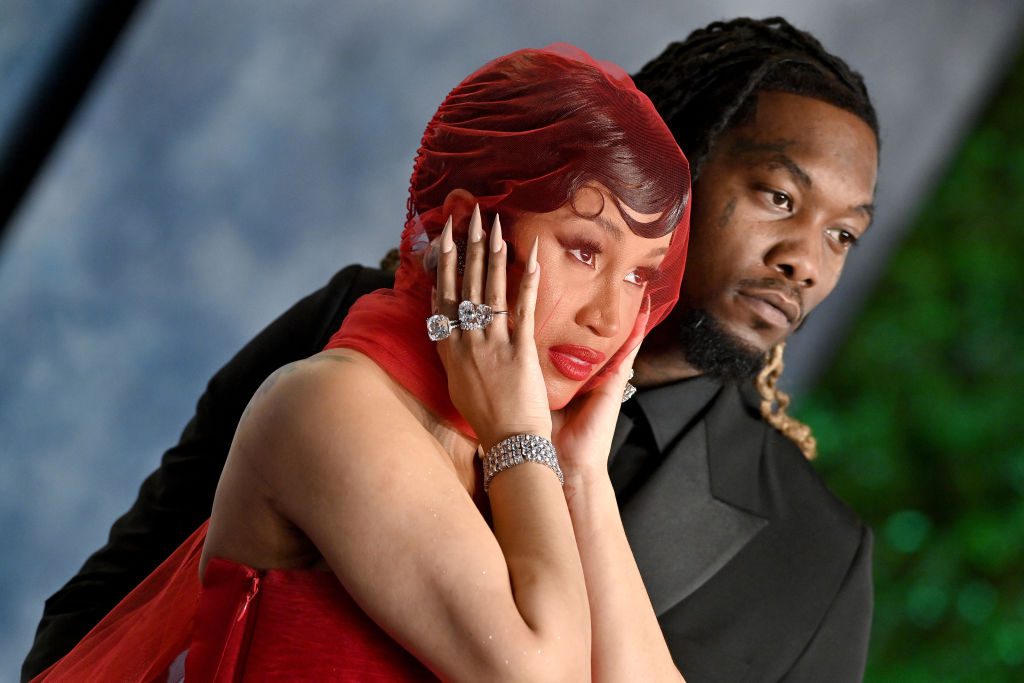Source: skyNext / Getty
The leading online and mobile English-language resource, Dictionary.com adds more than 3,000 new, updated and revised words. Terms like box braids, jawn, nepo baby and generative AI are amongst the phrases added to the website. Read more details inside.
The online resource added 348 new definitions for existing entries and 2,256 revised definitions, as the dictionary works to keep pace with the ever-changing English language. Some of the key themes and words for the Fall 2023 update include pop culture and slang like jawn, nepo baby, NIL, and shower orange. The dictionary addresses modern problems with words and phrases like information pollution, greenwashing, and Big Pharma. It tackles the widely talked about artificial intelligence related words like generative AI, hallucinate, and GPT. Of course, the dictionary adds identity and relationship related words like grandfamily, box braids, CODA, gay marry and amalagagender. To add to the impending climate and extreme weather changes Americans have faced over the past few years, the dictionary also added climate criminal, climate refugee, and atmospheric river.
These changes prove that culture is an influential part of the way we use language. Platforms like Dictionary.com understand that and appeal to word lovers with terms like sonder, mountweazel and accimus being added to the English language. As English continues to borrow from other cultures’ languages, the platform also adds jolabokaflod, kakeibo and hanbok.
“People are so creative! As you can imagine, recording the ever-changing language is incredibly enjoyable while also being intellectually stimulating,” said Grant Barrett, head of lexicography at Dictionary.com and co-host of the public radio show A Way with Words. “Even though dictionary-making is what we do, we’re still delighted with the variety, depth and complexity of this big batch of terms. There’s so much that shows how vibrant the language is, as it keeps up with changes in culture and society.”
In this most recent update, Dictionary.com’s lexicographers made dictionary-wide changes to remove binary-gendered phrases like his or her and he or she, which had appeared in hundreds of entries. This change was made for two reasons: inclusivity and usage.
As Dictionary.com explained, “On the inclusivity side, his or her does not include people who use other pronouns. In terms of usage, they is simply much more common as a generic pronoun than he or she, including in spoken and all but the most formal types of written English.”
Just because they added box braids to the Dictionary, it doesn’t mean everyone should go and get the hairstyle. This applies to all of the cultural terms and phrases added this year. Everyone is not your jawn.
Dictionary.com’s newest list of terms can be found here.







